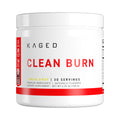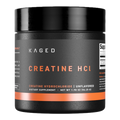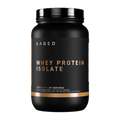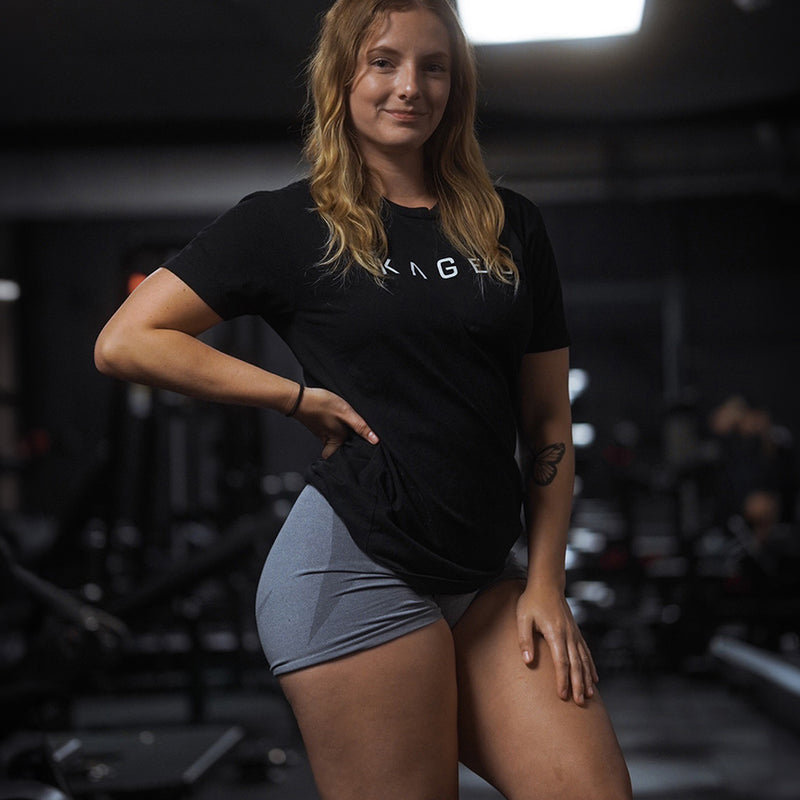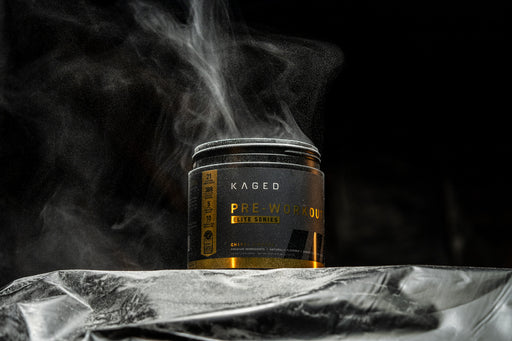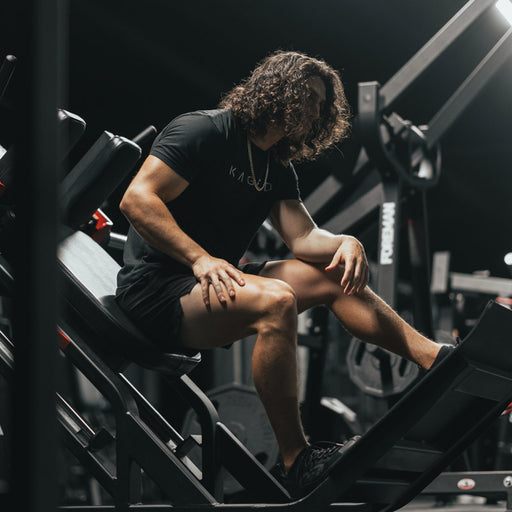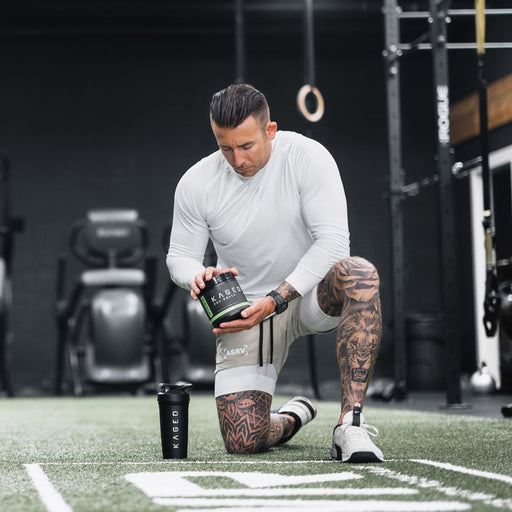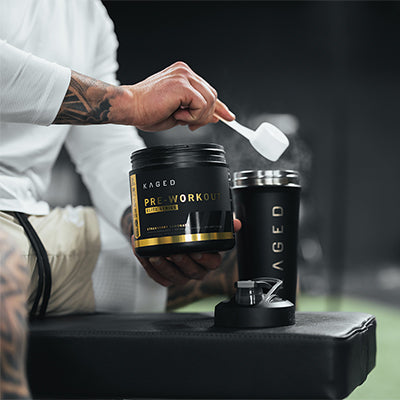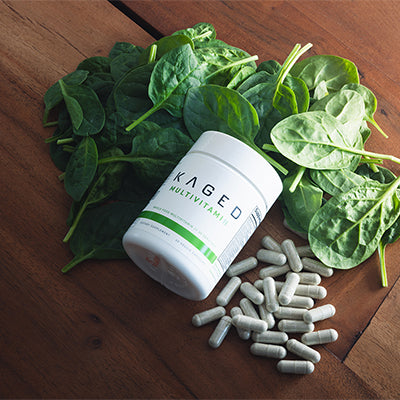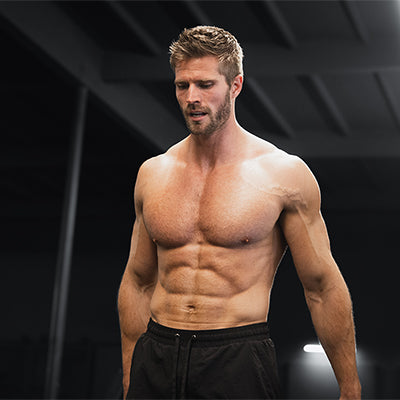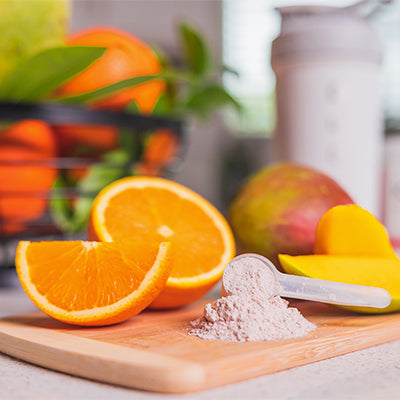In recent years, many coaches and athletes have advocated the importance of “peri-workout” supplementation to maximize performance.
But What Does “Peri-Workout” Mean?
“Peri-workout” is a term that encompasses the three important times around a workout: pre, intra, and post.
The reason this time is often emphasized is because around the workout is when our body uses the most amount of fuel. By ensuring proper nutrition and supplementation around your workout, you’ll help to fuel and maintain performance, as well as assist in recovery.
In sum, peri-workout nutrition places at the forefront the idea that when you get nutrients matters. This is called nutrient timing.
The International Society of Sports Nutrition published a position paper on nutrient timing in 2017. They stated that the timing of energy intake and certain ingested macronutrients may enhance recovery following high volume or intense exercise. [1]

Peri-Workout Nutrition Matters Because Nutrient Timing Matters
With peri-workout nutrition, the focus revolves around the three macronutrients: carbohydrates, protein, and fat. However, when it comes to peri-workout supplementation, the formula becomes a little more complex because your options broaden. There are various amino acids, stimulants like caffeine, and other specialized supplements which may promise improved performance.
Peri-workout supplementation, like all supplementation, represents just one piece of the puzzle. Consistently getting adequate sleep, quality nutrition throughout the day, and proper hydration, alongside a solid training program, are the foundation of peak performance and progress.
Once those pieces are in place, the benefits of peri-workout supplements are able to shine, since many of these benefits revolve around their ability to help increase work capacity, enabling you to perform more work.
Peri-Workout Is One of The Best Times to Take Supplements
Of course, whole foods are your foundation. However, around the workout is when nutrition can be most challenging to get in because you don’t want a heavy stomach while training.
Supplements tend to get absorbed fast, so you can get key nutrients and building blocks in convenient, fast-digesting drinks or capsules.
To aid you in your peri-workout supplementation selection, here is a guide for the supplements you can consider.
BCAAs (Branched Chain Amino Acids)
These consist of the three essential amino acids: leucine, valine, and isoleucine. Because BCAAs can be digested within minutes, they’re a quick fuel source around exercise.
When to Take BCAAs
Pre- and intra-workout are the most advantageous times to use BCAAs for muscle fuel. We include BCAAs in our award-winning pre-workout to give your muscles quick fuel during training.
The Ideal serving size will vary based on your body weight. Our serving is 5g grams in a leucine-focused 2:1:1 ratio.
BetaPower® Betaine Anhydrous
Originally found in beetroot, betaine can act as a methyl donor or an osmolyte in the body.
A study on 23 trained male subjects measured the effects of betaine on performance and body composition. They split the subjects into a placebo group and a betaine group and had them follow a 6-week periodized training program.
At the end of the study, the researchers noted that the group that supplemented with betaine saw increased arm size, bench press work capacity, and improved body composition. [2]
When to Take BetaPower®
You can take it Pre- and post-workout.
Betaine can help enhance work capacity, making it beneficial before a workout.
How much to take
Performance studies have used anywhere from 1-6 g daily. A key point from the studies is that they typically divide the serving into two doses around the workout. This is why we include it in our pre-workouts as well as Re-Kaged, our post-workout protein.
In our pre-workouts and post-workout protein, we use BetaPower®, a patented form of betaine, over generic forms.
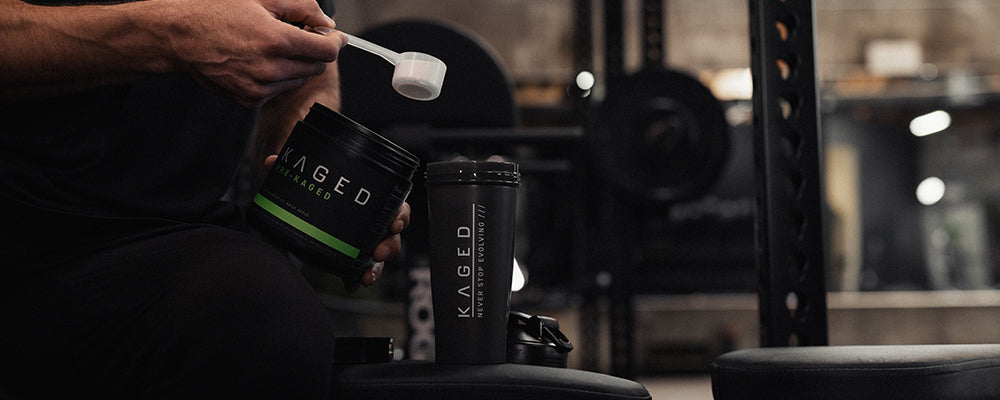
CarnoSyn® Beta-Alanine
Beta-alanine is a non-essential amino acid that is the rate-limiting factor in the synthesis of carnosine. It’s also the ingredient responsible for the pre-workout “itch.”
Carnosine acts as a buffer in the body; this buffering capacity is believed to help improve exercise performance. As an example, let’s look at a 6-week study on 46 active college-aged males performing HIIT-style workouts.
(We love studies like this because many studies on supplements look at aging or weak populations, and this doesn’t always translate to young, healthy people.)
The subjects were split into a placebo group and a beta-alanine supplementation group to examine the effects beta-alanine had on endurance performance and aerobic metabolism. The researchers found that the beta-alanine group showed significant improvements in VO2 peak, time to exhaustion, and work done at 110% of their pre-training VO2 peak. [3]
When to Take Beta-Alanine
Pre-workout is the most practical time to supplement with beta-alanine. It’s a key ingredient in all Kaged pre-workouts.
Why CarnoSyn®
This is the form most extensively researched for sports performance. Since it’s a patented form, with CarnoSyn® you also know you’re getting standardized, quality form.
Caffeine
You know about caffeine, given that it’s one of the most popular (and impactful) chemicals in human history. It’s a plant alkaloid that acts as a central nervous system stimulant. Most of its biological effects are due to its ability to block adenosine receptors.
Caffeine has been studied extensively for performance. A meta-analysis of 46 studies examined the effects of caffeine supplementation and endurance performance. The researchers concluded that caffeine can be used effectively when taken in moderate doses. [4]
Caffeine’s effects last for hours, so it’s best to take it pre-workout.
Most studies used dosages in the 3-6 mg/kg bodyweight range. However, Individual tolerance varies a lot. Some people are much more sensitive to caffeine’s effects. For example, the half-life of caffeine can cary from 1.5 to 9 hours. [5] This is a big range.
We only use organic caffeine from green coffee beans, so you get a clean rush of energy.
Keep in mind, if you train at night, you’ll want to avoid caffeine, as it can disrupt your sleep latency (how long it takes to fall asleep) and sleep quality.
Creatine

Creatine is a naturally occurring compound in the body that is involved in ATP production. Creatine supplementation helps to increase phosphocreatine stores.
The ATP-PC system is important for explosive movements such as jumping, throwing, and sprinting.
Two of the most popular forms of creatine are creatine monohydrate and creatine hydrochloride.
When to Take Creatine
What’s important about creatine isn’t when you take it, it’s that you take it. We suggest taking it whenever works best for you. That could be in your pre-workout stack or post-workout shake.
The research on creatine timing is mixed. Some studies have found additional benefits post-workout, however, others studies have found no additional benefit.
L-Citrulline
Citrulline is a non-essential amino acid that increases muscle pumps.
It does this by increasing plasma arginine levels, and it does so even better than arginine itself. A double-blind crossover study on trained subjects found that supplementing with citrulline found it to be effective at increasing arginine levels and improved athlete’s time when completing a 4km cycling event. [6]
When to Take
Pre- and intra-workout to take advantage of citrulline’s vasodilating effects.
How much to take: Most studies use around 6-10 g.
Choose products that provide pure L-citrulline rather than other forms of citrulline such as citrulline malate, which is only half citrulline. We outline the reasons for this more in-depth in this article on citrulline vs citrulline malate.
Glutamine
Glutamine is a conditionally essential amino acid, which means that the body can create glutamine on its own but during some instances of high stress, it needs to be consumed through food or supplements.
A study examined the effects that glutamine had on muscle strength and soreness ratings following eccentric exercise. The 16 subjects, who were divided into a placebo group and a glutamine supplementation group, performed eccentric exercise and were monitored immediately after exercise, as well as 24 hours, 48 hours, and 72 hours later. The researchers concluded that glutamine supplementation resulted in faster recovery of peak muscle torque and diminished soreness ratings. [7]
When to Take Glutamine
Post-workout to help assist with muscle recovery.
How much to take: Ideal serving size will vary by bodyweight. The standard dose is 5g.
Taurine
Taurine is a non-essential amino acid found in various tissues throughout the body including the skeletal muscle. It supports cellular hydration, electrolyte balance, and more efficient muscle contractions. It also helps increase your overall endurance. Taurine is a staple in pre-workouts, and you’ll find it across our pre-workouts as well as our hydration powders
A meta-analysis was done on 10 human studies to determine the effect of taurine supplementation on endurance performance. The researchers found that taurine ingestion improved overall endurance performance. Most impressively, the researchers noted that the performance improving effects were seen after just a single dose. [8]
Pre- and intra-workout are ideal times to utilize taurine to help with aerobic endurance. Anywhere from 1 – 6 g has been shown to improve endurance performance.

Tyrosine
Tyrosine is an amino acid that can act as a precursor to catecholamines. These compounds play a number of important roles in the body. Especially when combined with caffeine, tyrosine helps you dial in your mental focus. It stimulates the neurotransmitters associated with motivation and our “fight or flight” response.
In a study of nine soccer players, the effects of tyrosine supplementation on cognitive and physical performance in a hot environment were examined. The researchers found that tyrosine supplementation may improve cognitive performance when exposed to exercise-heat stress. [9]+
Tyrosine is a great addition to a pre-workout. The common dose ranges from 500-2000 mg, however higher dosages have been used in studies.
Electrolytes
Electrolytes play a crucial role in supporting exercise performance. During intense workouts, the body loses electrolytes through sweat. Replenishing these electrolytes is essential to support hydration, maintain proper muscle function, and ensure peak performance.*
When to Take Electrolytes
Intra and post-workout when you’ve lost electrolytes and fluids in order to replenish them. In our best-selling electrolyte drink, Hydra-Charge, you get 5 key electrolytes along with taurine for endurance.
Build Your Peri-Workout Supplementation Stack
First, it bears repeating that supplementation shouldn’t make up for poor nutrition. Unless you’re training in the morning or following and intermittent fasting protocol, you should aim to have a meal 2-4 hours before training.
With that said, the first piece of a peri-workout stack is a high-quality pre-workout. All Kaged pre-workouts contain ingredients we’ve mentioned, like Carnosyn® Beta-Alanine, BetaPower® Betaine Anhydrous, L-Citrulline, and more.
Learn more in this article on Kaged Pre-Workouts.
Next, depending on your goals and how hard your training, you may want an intra-workout.
Hydration Elite provides key electrolytes, taurine for endurance, and other ingredients to support performance.
You can also add our unflavored BCAAs and L-Citrulline to create your own intra-workout. If you loved our previous intra-workout, In-Kaged, there are several alternative options which you can read about in this article.
Finally, to recover, look for a high-quality protein powder like Re-Kaged. It contains 28 grams of 100% Whey Protein Isolate. However, it’s more than just a protein powder. We added glutamine and BetaPower® to support post-workout recovery. We also added digestive enzymes for absorption.

Another option is to create your own stack to customize your peri-workout supplements to the time of day you’re training and your specific goal. If you train at night, grab our stimulant-free pre-workout. For cardio, go with Clean Burn with the caffeine to keep you going.
Don’t Neglect The Peri-Workout Window
It’s true that if you take care of your nutrition around the workout, supplementation is less crucial. However, if you’re serious about performing your best, supplementation can be that difference maker. It means more energy to train hard, better muscle pumps and power output.* It means after training, you’ll get everything you need to help jumpstart the recovery process.*
For those demanding the absolute most, this is not optional.

